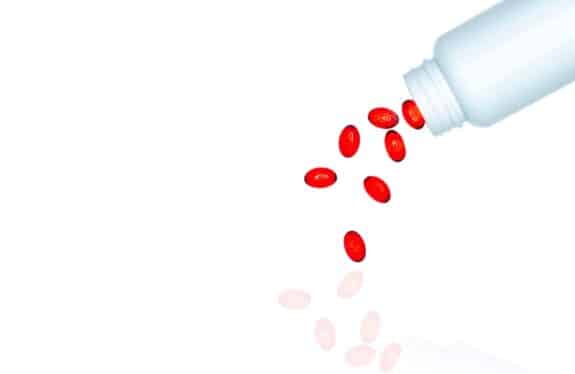Despite being effective at treating severe and persistent acne, the drug isotretinoin – marketed as Accutane and Roaccutane – is linked to severe birth defects. The issues are so severe, the Food and Drug Administration started an organization,
“This drug is really life changing for those with severe acne that is resistant to everything else,” said study coauthor Dr. Arash Mostaghimi, an assistant professor of dermatology at Harvard Medical School and Brigham and Women’s Hospital. “Even those who have had very mild acne can think about how it impacted them. Imagine how impactful it would be if it was severe and caused permanent scarring. I think of this as an opportunity to study the situation and to think about how we can improve the delivery of this medication to patients in the safest way possible.”
Doctors require that women take birth control or refrain from sexual intercourse while taking the drug. They’re also asked to submit to a pregnancy test before starting it. So why, then, do so many fail to avoid conception?
The answers are likely varied, which is why iPLEDGE is realistic in their goals. They recognize that they may not be able to get the numbers down to zero, but they strive to drive them down.
Data suggests they’ve been successful in their goal.
Based on data culled from their own surveys, iPLEDGE determined that pregnancies achieved while on isotretinoin peaked in 2006. That year, 768 women on the drug reported getting pregnant. Since then, the numbers have dropped to a plateau, falling in a range of 218 and 310 pregnancies each year since 2011. Still, they’re not satisfied.
They hope to decrease those numbers even further with heightened awareness.
“No system is perfect,” said Dr. Hyagriv Simhan, vice chair for obstetrics at the UPMC Magee-Women’s Hospital, who was not involved in the new research. “But building in decision-support so doctors prescribing this medication could ask the right questions would go a long way to minimizing the number of unplanned pregnancies. Contraception is not perfect. But I think we could use it a lot better than we are.”
Most of the women who conceived while on the drug fell into the 20 to 29 age range; this is a time when women are most likely to experience pregnancy.
Mostaghimi says that women should not feel like they should avoid the drug entirely, just because they fear the risk of pregnancy.
“I’ve seen such an improvement on people’s lives,” he said.
Instead, they are encouraged to avoid pregnancy while on the drug, and to stop it prior to trying to conceive (be sure speak with your doctor to determine the time-frame).







